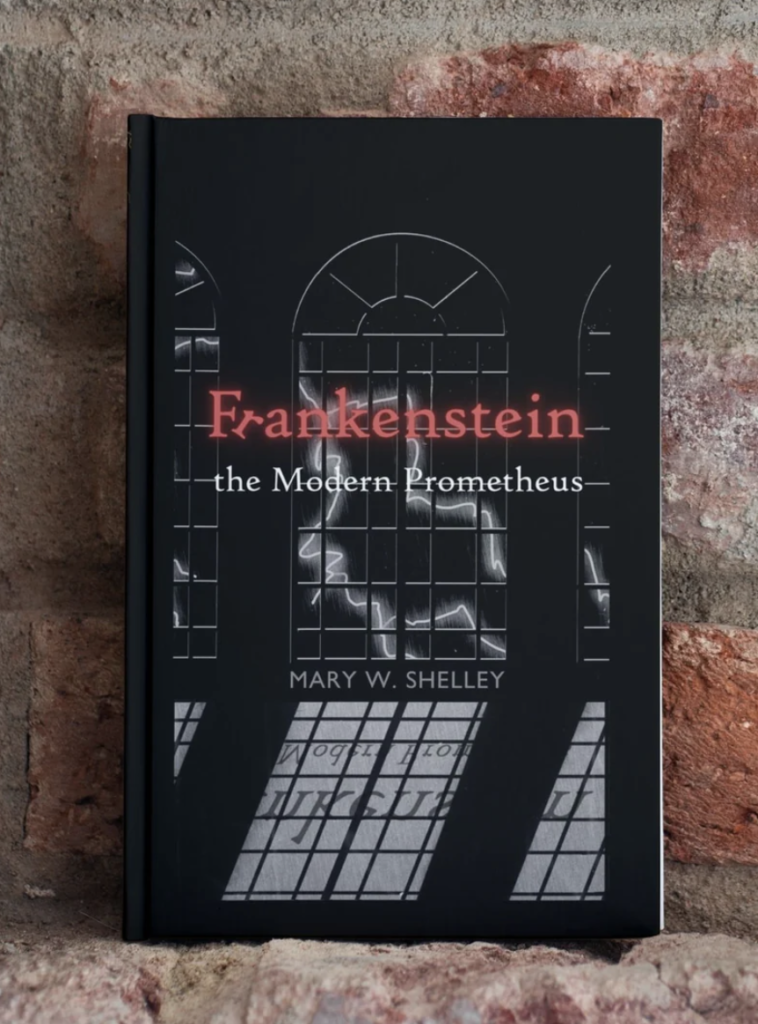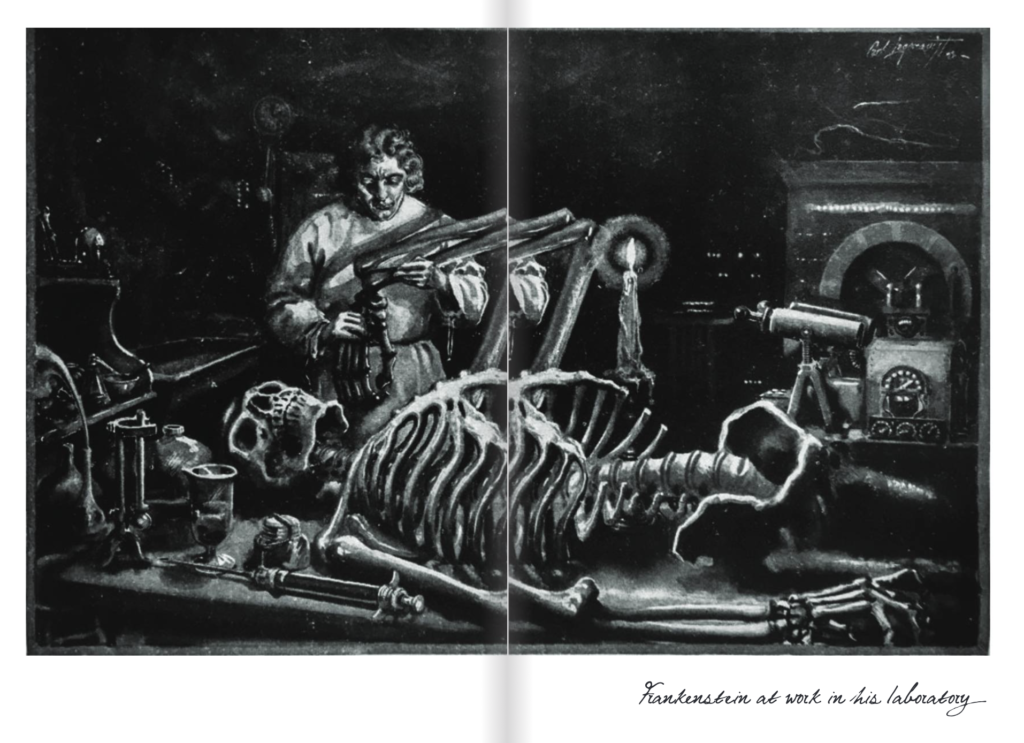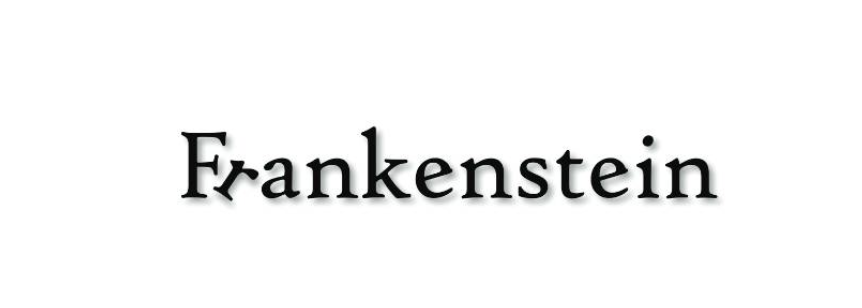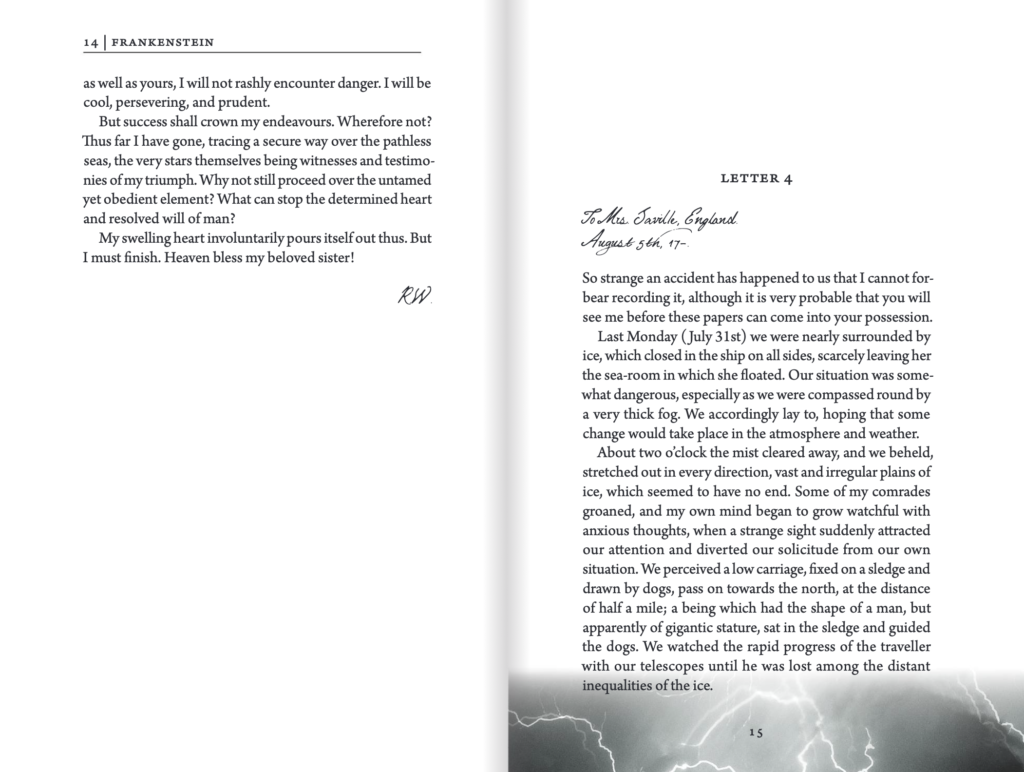
A few years ago, I was working in a small Catholic bookstore. While I was working there, I discovered that Joseph Pearce had just published a new book, Literature: What Every Catholic Should Know. Years before that I had read one of Pearce’s first books on Tolkien, Man and Myth, and I fell in love with his style and his approach to both literature and Catholicism. Since then, I have always read whatever he published, with a special focus on his literary biographies. When the store ordered Literature, I made sure to order one for myself as well.
Despite being an English major at Hillsdale College, I had never read Frankenstein. Truthfully, I had always avoided it. I thought it was just a gothic novel, like Jane Austen’s Northanger Abbey, and I hated that book. I also hated Emily Bronte’s Wuthering Heights and Charles Dickens’ Great Expectations. I just do not care for ghost stories or creepy stories of any kind. I can read Flannery O’Connor and beg for more, but not creepy stories about ghosts or monsters.

One of my dear friends is a young priest, and he loves Frankenstein. When I found out that this was one of his most favorite books, I was shocked. I asked him to explain why, but my preconceptions about the novel were too firmly in place to really hear what he was saying. Despite him lauding the virtues of Mary Shelley’s classic many times, I was too resistant to take it seriously.
When I read Pearce’s Literature and discovered an entire chapter dedicated to the Feminine Genius with a particular highlight of Frankenstein, I was more than shocked. I was dumbfounded. And, I was curious. So, I read what he had to say and my curiosity bloomed into commitment. I realized that I had to try to understand this book. When I discovered that Dan Stevens was the narrator for the Audible option, I did not hesitate to jump in.
This is not a story about a monster. Or at least not the kind of monster I was anticipating. There is no brainless creature terrorizing the countryside. The “Monster” was a created being with human thought and reasoning, emotion, and the capacity for ethics. But, the real monster in this novel is Dr. Frankenstein himself who created this being and then cruelly abandoned him. It is a riveting tale of the human condition.
I found Frankenstein to be not only captivating, but also edifying, as it passionately invites readers to consider our own role as monsters. In fact, I loved the book so much that my priest friend and I used it in a class that we were teaching to high school seniors. And then, a few months later, we read Frankenstein again, this time with our Tuesday Night book club. Last year, Diane and I spoke with Fr. Jordan about Frankenstein on the podcast. I now consider Frankenstein to be one of my absolute favorites and think that it is a masterwork in ethics not to be missed for any reason.
This summer, my husband and I hosted a monthly parent-teen book club with a few families around our campfire. We read Out of the Silent Planet, Perelandra, and Frankenstein. Understanding that teens can sometimes be reticent to share their thoughts in front of others, we used the darkness of the evening campfire to create a natural environment wherein teens and parents could talk more freely about our reading. It was wonderful, and I hope we can do it many more summers.
When we discussed Frankenstein in the teen club, we wrestled with thought-provoking questions like:
- Does the Monster have a soul? An immortal soul?
- Who really created the life in the Monster? Dr. Frankenstein or God?
- Why was the Monster so badly formed? What were the books that he read? Do those books have the capacity to inspire virtue?
- Who is responsible for the Monster’s malformation?
- What was the influence of the family on the Monster’s development? Is it enough to witness love and devotion, or must you also experience it to understand it?

There are many printings of Frankenstein out there. One of my favorites, however, is the Smidgen Press edition. It is affordable, has a lovely readable format and font, and has little visual details that make the experience richer. Smidgen Press is one of our favorite small publishers and we love to support what they are doing because it means they can keep bringing back beautiful books that we so desperately need and want. You can purchase the Smidgen Press edition at their website or at Amazon.
